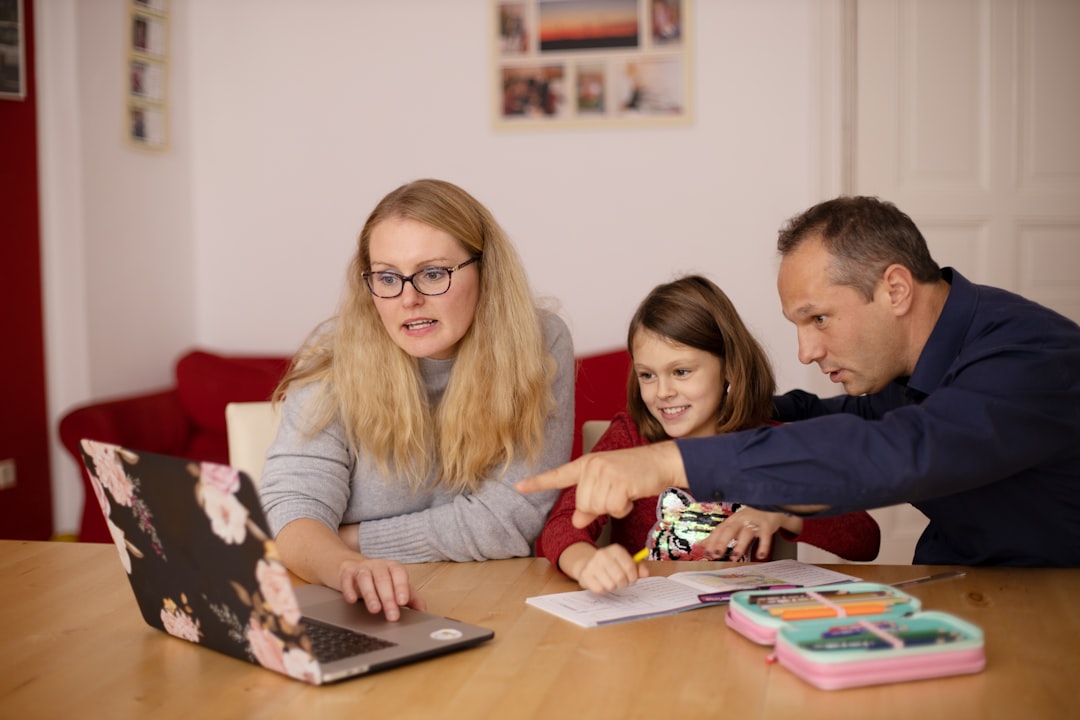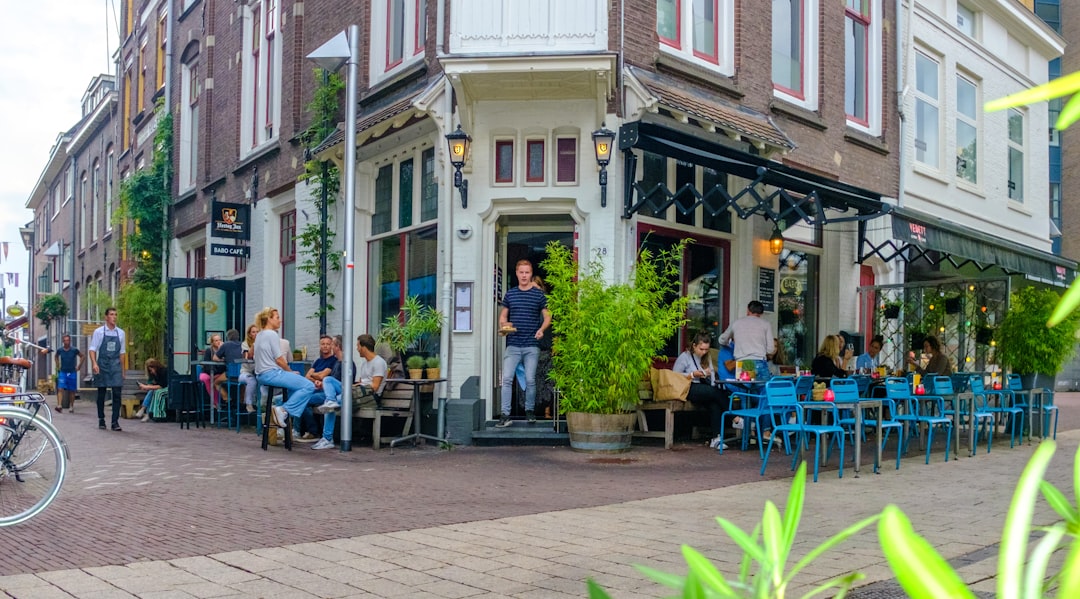What is it about?
This article locates desire in the literature of Muslim women’s agency as a feminist issue by reviewing the concept of agency in the genealogy of Middle Eastern women in anthropological literature. It suggests that, if feminist scholarship of the Middle East would continue approaching to Muslim women’s agency -as it has been doing for decades-, it should do so as an epistemological question and thus expand the limits of ethnographic and analytical focus beyond the broader systems, such as family, nation, religion, and state. As an example to this proposition, the article then discusses the recent work on aspects of selfhood that escape from the structures, rules, systems, and discursive limits of life but captures imaginations, aspirations, desires, yearnings, and longings.
Featured Image
Why is it important?
It has become apparent, as I discuss throughout the paper, that agency is no longer seen as a human quality embedded into subjects in anthropological literature. Rather, it is formed through a process of interaction between the individuals and the larger social mechanisms operating on them. Patriarchal ideologies are one of those mechanisms, often taking multiple shapes and forms. In this vein, ethnographically grounding and analytically paying attention to the multiplicity and fluidity of self-making and subjectification is quintessential. In this vein, this article suggests that, feminist scholarship of the Middle East should continue approaching to Muslim women’s agency -as it has been doing for decades- as an epistemological question, only without ignoring the multiplicity of women’s subjectification, which inevitably embraces realms of aspiration, desire, and enjoyment.
Read the Original
This page is a summary of: Revisited: Muslim Women’s agency and feminist anthropology of the Middle East, Contemporary Islam, September 2017, Springer Science + Business Media,
DOI: 10.1007/s11562-017-0404-8.
You can read the full text:
Contributors
The following have contributed to this page










